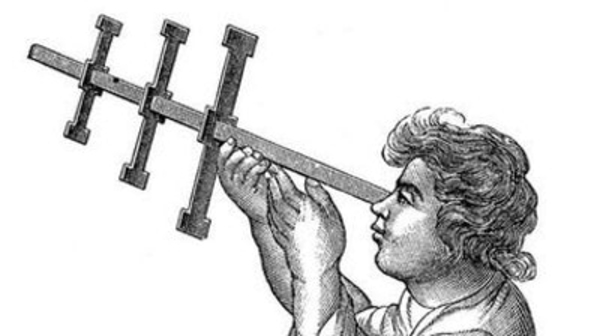Price:
6934 EUR
Contact
Harvard University
Description
Humans have been navigating for ages. As we developed the tools and techniques for determining location and planning a route, navigation grew into a practice, an art, and a science. Navigational skill has long been tied to commercial, economic, and military success. However, the ability to predict when and where one will reach a distant destination is more than just a key to empire-building — it’s often a matter of life and death.
Using video, text, infographics, and Worldwide Telescope tours, we will explore the tools and techniques that navigators have used, with a particular focus on the importance (and difficulty) of measuring longitude. Grounded in the principles of position, direction, speed, and time, we will learn the challenges of navigating without a GPS signal. We’ll learn how the Age of Exploration and the economic forces of worldwide trade encouraged scientific progress in navigation; and how Jupiter’s moons, lunar eclipses, and clockmakers all played a part in orienting history’s navigators.
Centuries of progress in navigation have helped put humans on the moon and spacecraft on a comet. This course will explain how we got there, and how that progress enables you to get where you’re going today.
Specific details
Category of Education
Arts and Humanities







 How to resolve AdBlock issue?
How to resolve AdBlock issue? 


Comments (0)